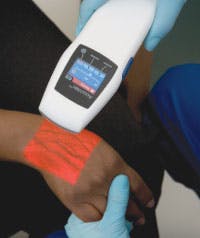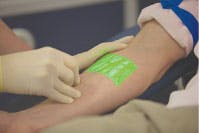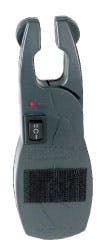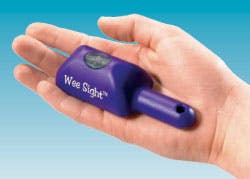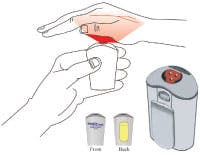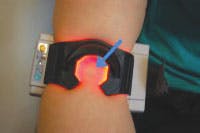MLO, curious to know what the
answer(s) would be, asked the following question: If you were training a
pathologist to work in your lab — a young newcomer — what bit of advice
would you give? Would it involve new technology that would make
his/her job more efficient? Would it concern new laboratory equipment
that would make a particular type of testing easier and more accurate?
Would it be
a service of some type that would assist the laboratory in its
work? Would it be some sort of management tool (i.e., using LEAN
or Six Sigma, or “how to” seminars)? In other words, with all of your
experience in the lab, what would be your one good “shot” at helping the
new guy/gal on the block?
Clinical Biochemist
Calgary Laboratory Services and
Department of Pathology and Laboratory Medicine
University of Calgary
Calgary, AB, Canada
St. Francis Health Center
Topeka, KS
Boca Raton, FL
Department of Pathology
Howard Regional Health System
Kokomo, IN
Section Head, Dermatopathology
Calgary Laboratory Services
Calgary AB, Canada
Meet CAP's new executive VP
Charles Roussel
Charles Roussel stepped into the position of
executive vice president of The College of American Pathologists
(CAP) on April 21, 2009. He is responsible for the daily operations
of the College and for reporting to the Board of Governors for the
medical society serving more than 17,000 physician members and the
laboratory community throughout the world. The CAP is the world's
largest association comprised exclusively of pathologists and is
widely considered the leader in laboratory quality assurance. The
College is an advocate for high-quality and cost-effective medical
care.
Roussel, 46, earned a BS from Waltham, MA's
Bentley College and an MBA from the University of Chicago Graduate
School of Business. He has served on the Board of Trustees of The
Children's Aid Society of New York and Single Stop USA, and on the
Advisory Board of the Mount Sinai Adolescent Health Center in East
Harlem, NY.
Most recently, in his capacity as a director
at The Atlantic Philanthropies, Roussel directed a $300 million
global philanthropic investment portfolio that benefited
disadvantaged children. He worked to bring healthcare back into
schools and advocated for greater funding for preventive medical and
mental health services.
Prior to that, as a managing partner at
global consultancy Accenture, Roussel served as an executive-level
advisor to pharmaceutical and high-technology companies; led the
firm's research on personal and home health technology; and founded
and led Accenture's mergers, acquisitions and alliances specialty
group. He has written and spoken extensively on achieving growth
through alliances.
“The CAP is a terrific organization,” Roussel
remarks, “well run and well led with a proud history. It has an
ambitious vision to transform the role of the pathologist, which I
find compelling and achievable: to become an integral part of the
patient-care team, from risk assessment, through diagnosis and
treatment, to monitoring. Pathologists grasp the fundamentals of
disease. In partnership with others in healthcare, they can help
patients better understand their diagnoses, prognoses, and options
for therapy.”
He adds, “In the rapidly advancing era of
personalized medicine, and against a backdrop of ever-increasing
healthcare costs, the College will have to leverage all of its
considerable assets — membership talent, intellectual and
technological leadership, market presence, advocacy skills and
reputation — to bring about this vision. It is the opportunity of a
lifetime to help lead this effort, and I feel privileged to be part
of something that could help transform healthcare in America.”


